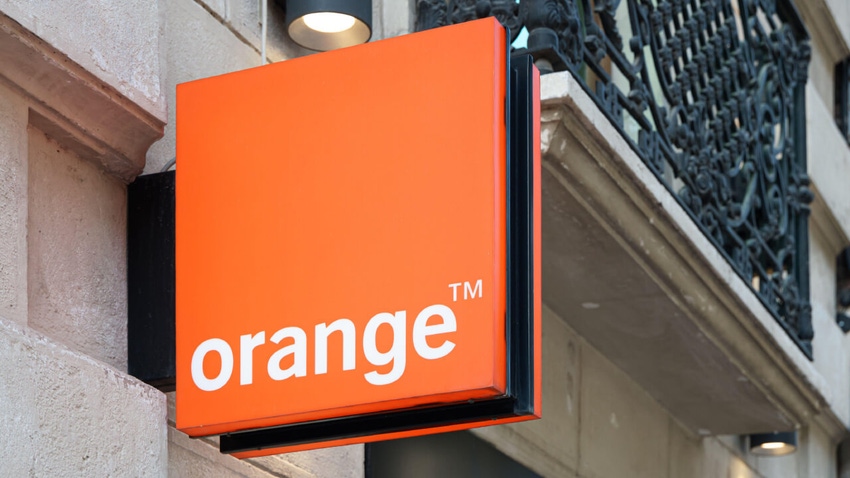Orange Business uses 5G SA for French hybrid private network
Orange Business relies on network slicing and 5G SA for its French hybrid private network as it eyes use cases in industrial settings.

Orange Business has unveiled a hybrid private network using 5G standalone (SA) at its premises in Arcueil, on the outskirts of Paris. The solution relies on network slicing to offer companies the benefits of a private network, while simultaneously connecting to public infrastructure.
The network is operated by Orange in full and does not require the use of multiple SIM cards. Companies can use the solution for both critical and non-critical applications, with data flows isolated from the application on the terminal all the way to the core, and service quality adapted to each application. The company says it relies on local break-out technology, which allows for local routing of data flows, to offer stable low latencies. Orange also says the private network guarantees performance and offers higher data security than the public network.
For the Arcueil demonstration, Orange is using a router from Ericsson-owned Cradlepoint, which is connected to both networks simultaneously and assigns data flows to the appropriate network based on predefined use cases and the application being used. The router supports 5G SA and slicing technology for business premises, with a hardened version available for industrial settings.
Behind the router, a portable computer connects to the public network for a video call with an expert located remotely, while at the same time using the private network to supervise an industrial process. Otherwise, the solution relies on Orange's public network, which uses radio access network (RAN) equipment from Nokia and Ericsson, a Nokia 5G SA core and Oracle signaling and routing technology.
Orange, for its part, claims the hybrid private network has several applications and is able to connect industrial equipment, tablets and autonomous vehicles, among other things. It cited the example of ports as an area particularly suitable for hybrid network deployments.
Slow march of 5G SA
Although Orange is one of few European operators that have started rolling out 5G SA networks, it has not yet officially launched one in France. In March, it announced it would start offering 5G SA in a handful of Spanish cities later this year. The telco will rely on Ericsson's core technology, which will also be used in Belgium, Luxembourg and Poland.
In France and Slovakia, meanwhile, it has selected Nokia's core. As of March, the operator was using 5G SA for testing purposes. Earlier this year, Orange also shared data from its experimental end-to-end 5G SA network, dubbed Pikeo.
The arrival of 5G SA in Europe has been slow so far and, although momentum is building, the technology is unlikely to fully take hold this year. Nevertheless, Telefónica Spain and Vodafone UK have recently made their own 5G SA announcements.
Vodafone claimed to be the first to launch a hybrid private 5G network in December last year for Porsche in Italy. As Pablo Tomasi, principal analyst for private networks at Light Reading's sister company Omdia, wrote earlier this year, service providers are likely to increasingly push hybrid private 5G networks. This is because the success of pure private networks could prompt governments to "liberalize prime spectrum for direct use by enterprises." He further notes that the "push towards hybrid will be one of the main threats to the fully dedicated private network ecosystem."
Related posts:
— Tereza Krásová, Associate Editor, Light Reading
Read more about:
EuropeAbout the Author(s)
You May Also Like











